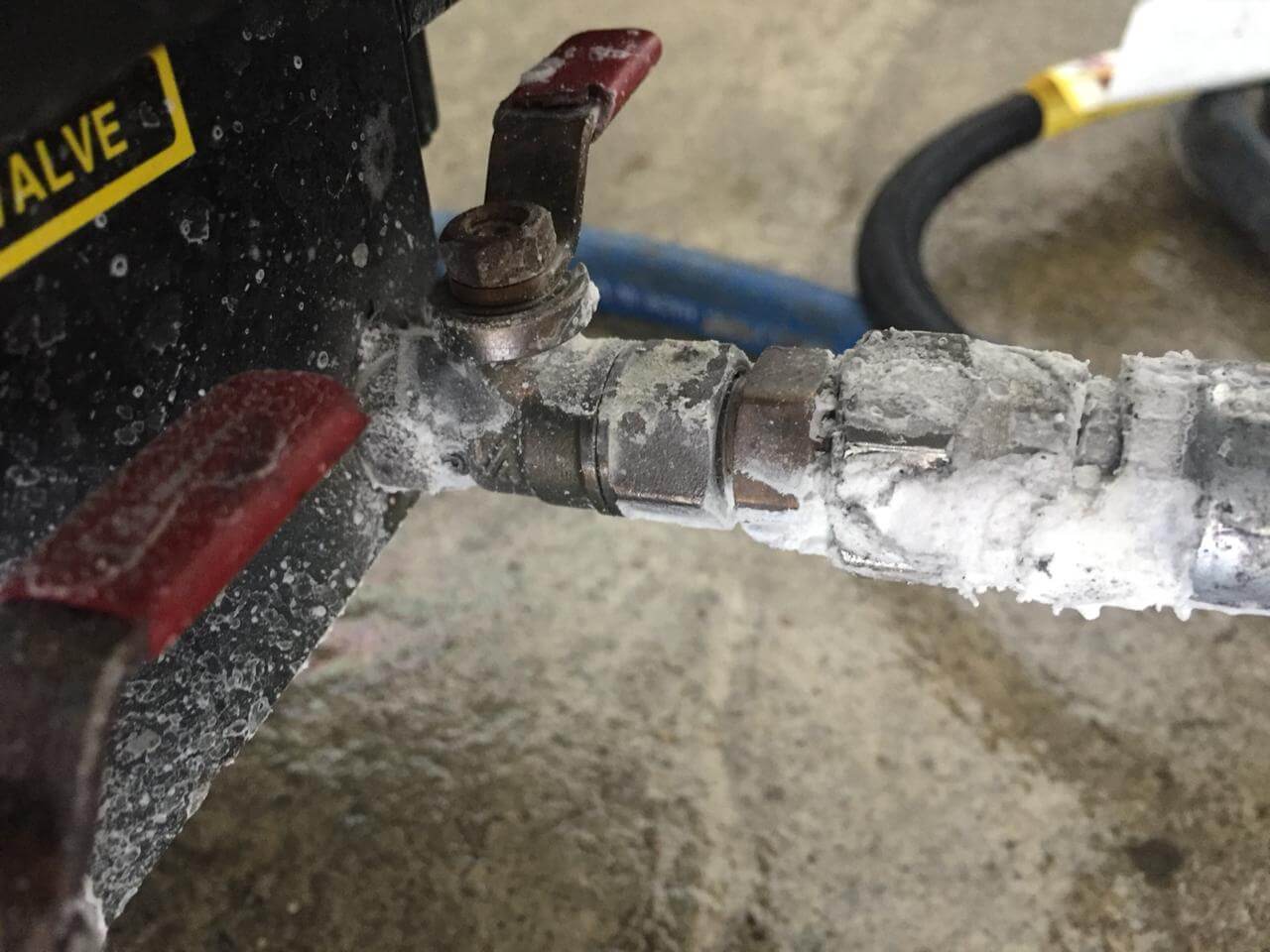Scale – The Single, Biggest Concern for Steamers
What You Need to Know, Right Now
- The perfect water for the Optima is Soft Water with 0 gpg Total Hardness and a TDS reading of 15-40ppm
- Using proper water with the Optima Steamer will almost eliminate the need for descaling, and ensure the boiler’s integrity lasts for years
- Steamers like the Optima Steamer do not work with purified water, such as distilled water, DI (deionized) water, RO (reverse osmosis), etc. because the water can’t be detected by the filling sensors
Best practices for Optima Operators
- The Optima comes with a Total Hardness Test Strip. Test your water source and read below if it is 1 gpg or higher
- Drain the boiler completely while it is still pressurized after it is done being used for any extended period of time, this flushes out dissolved minerals that will otherwise dry and harden inside the boiler
- At the first sign of mineral buildup on valves or the nozzles, or if you are starting to get DW errors, perform a boiler descale to prevent performance loss or eventual damage.
- Performing a descale on the Optima is recommended every 3 months minimum, even when using soft water.
Scale Buildup on Heater
Water Probe Sensor Tips with Scale
The Hard Facts About Hard Water
- Most potable water sources (tap water) in North and South America are rated as being hard. Your water is almost definitely hard and will cause issues if not dealt with.
- “Hard” water is water with a considerable mineral content and what produces “scale”, the white or beige buildup that you see on faucet spigots, drains, and the spots on dishes
- The primary minerals in water that cause scale are magnesium and calcium
- Hard water – if not dealt with – will quickly fill your steamer’s boiler, pipes and valves, clogging it up to the point it doesn’t work, resulting in the need for constant maintenance or even costly damage (not covered by warranty)
What to do if your water is Hard
- Total Hardness is measured in GPG, or grains per gallon, in the USA and ppm, or parts per mille, in most other countries. This reading tells you specifically how much hard water minerals are present in water
- Using Soft Water with the Optima Steamer is important, which is 0 gpg, or under 40 ppm Total Hardness.
For Water with a Total Hardness of 1-5 gpg (20-80ppm)
- A salt-based water softener is the ideal solution to reduce your water’s hardness.
– Salt-based water softeners do not filter the water–rather, they use salt to change the minerals so they do not harden and stick to the boiler - Steamericas sells the Omega Softener which can be installed on your steamer for use when filling the tank
- Even when using a water softener, be sure to drain your boiler daily to remove the dissolved minerals
- Be sure to regularly check the performance of the softener and recharge it when the softening element is consumed
For Water with a Total Hardness over 5 gpg (>80ppm)
- Consider a filtration system that completely reduces your water’s TDS measurement
- TDS stands for Total Dissolved Solids, measured in ppm or parts per mille. This represents how much non-water “stuff” is in water.
- Regardless of the hardness, water with a high TDS reading is still going to leave your boiler polluted, which is why a softener alone is not recommended for water with a high TDS reading
- For water with very high TDS readings (above 300), you may want to source filtered water or consult with a water purification specialist
